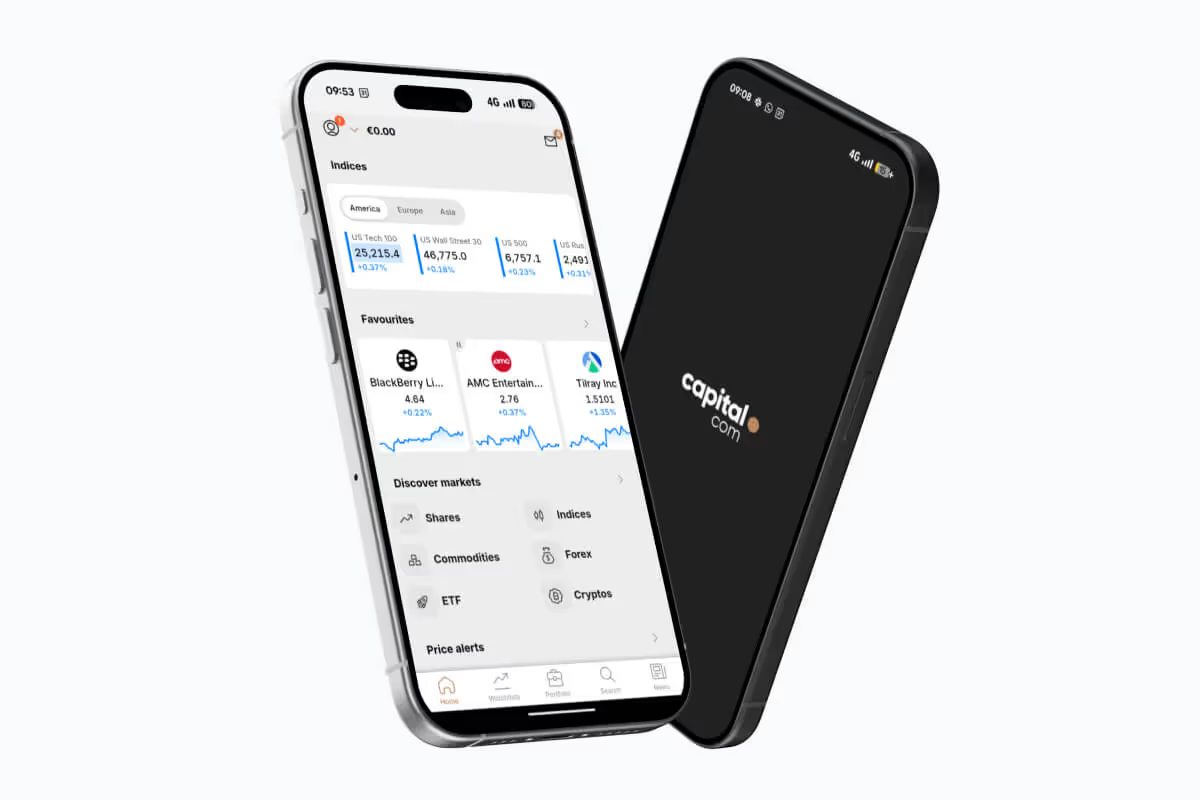DEGIRO vs Trade Republic (2026): Which one is best for Europeans?
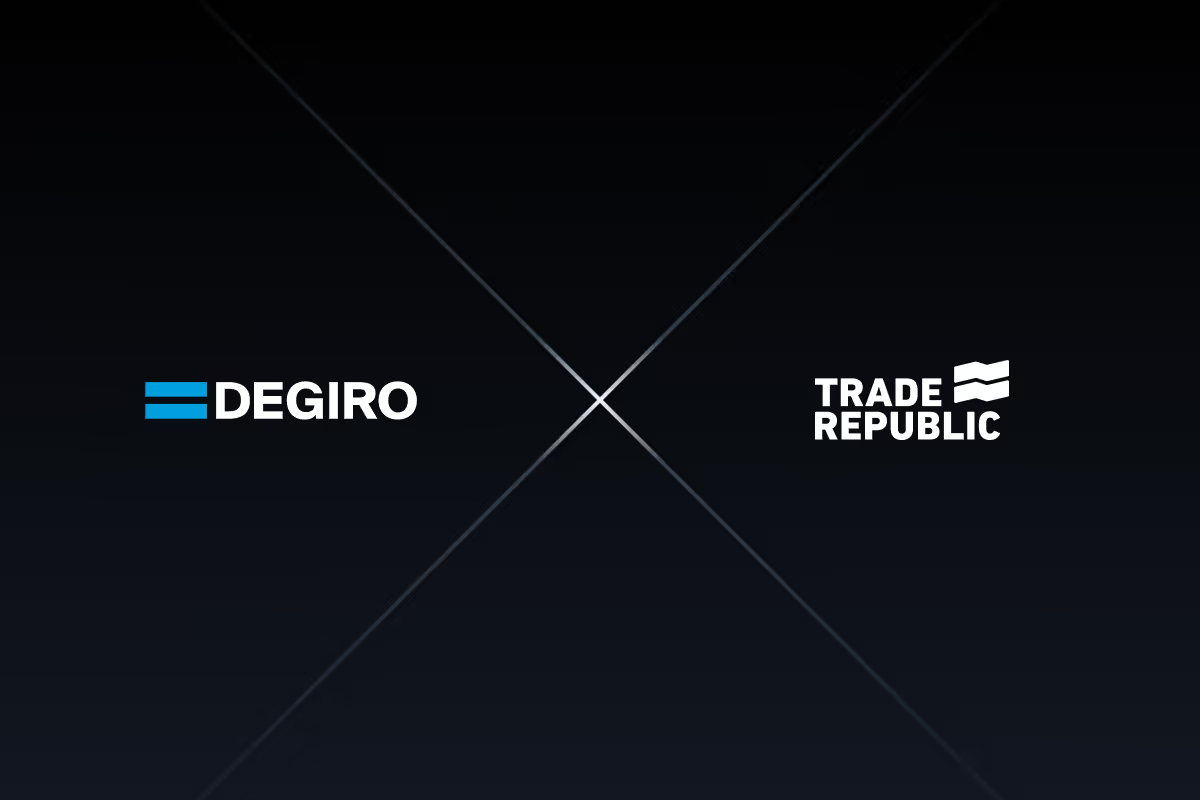


Both DEGIRO and Trade Republic have been investing heavily in the European market through advertising on social media as well as in traditional media.
But which one is better? We are users of both, and what stands out is that each has its own unique characteristics, advantages, and disadvantages. In this article, we’ll share our experience with both platforms.
The goal is to help you understand which of these two platforms might be more suitable for your needs. We’ll dive into the details of everything DEGIRO and Trade Republic have to offer.
Summary
- DEGIRO: Best for bonds, options, and stock/ETF investors who value reputation and customer support.
- Trade Republic: Best for low-cost stock and ETF investing, with an additional focus on savings through interest on uninvested cash (ideal for an emergency fund).
We feel comfortable investing with either of these brokers.
DEGIRO is the better choice for those who want exposure to bonds and options, as well as for investors looking to diversify into other instruments such as stocks and ETFs, and who don’t mind paying slightly higher fees in exchange for a stronger reputation and customer support, including service in multiple languages.
Another advantage of DEGIRO is that it holds a banking license and is publicly listed (flatexDEGIRO). On the downside, trades incur a fixed transaction fee, and an annual €2.50 connectivity fee applies per exchange in which you invest. Unlike Trade Republic, DEGIRO does not pay interest on uninvested cash and does not provide a debit card.
Trade Republic, on the other hand, is more suitable for those who want low-cost investing in stocks and ETFs (including via automated savings plans), while also building an emergency fund, as it offers deposit protection up to €100,000 per client and pays 2% annual interest on uninvested cash (at the time of this writing).
Trade Republic also holds a banking license and offers a debit card for everyday use. On the downside, it is a much younger company (more of a “startup”), privately held, and there are frequent complaints regarding customer support, as it can be challenging to get in touch with the team if something goes wrong.
So, if you value customer support and reputation, DEGIRO is the stronger option. If you primarily want to earn interest on uninvested cash and appreciate having a debit card, then Trade Republic may be the better fit.
Comparison table
DEGIRO - Overview
Founded in 2008, DEGIRO was one of the first brokers to offer low commissions to investors in Europe.
It is headquartered in the Netherlands, holds a banking license, and is supervised by European financial authorities, including the Dutch Central Bank (DNB) and the Netherlands Authority for the Financial Markets (AFM).
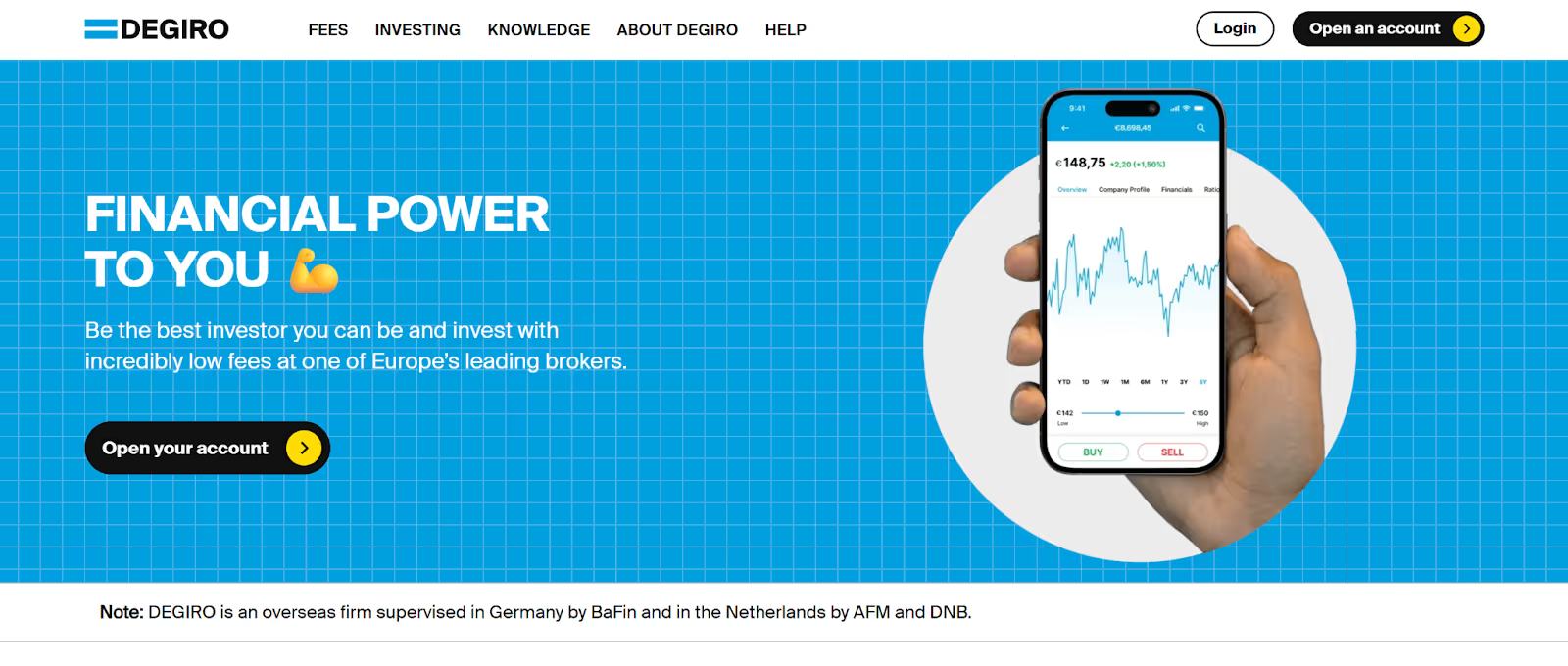
DEGIRO is publicly listed (flatexDEGIRO AG – Frankfurt Stock Exchange), which provides greater transparency regarding its financial statements to its users.
What sets DEGIRO apart is its low-cost model, giving investors access to a wide range of financial instruments such as stocks, ETFs, bonds, and options across various international exchanges, along with the simplicity of its investment platform.
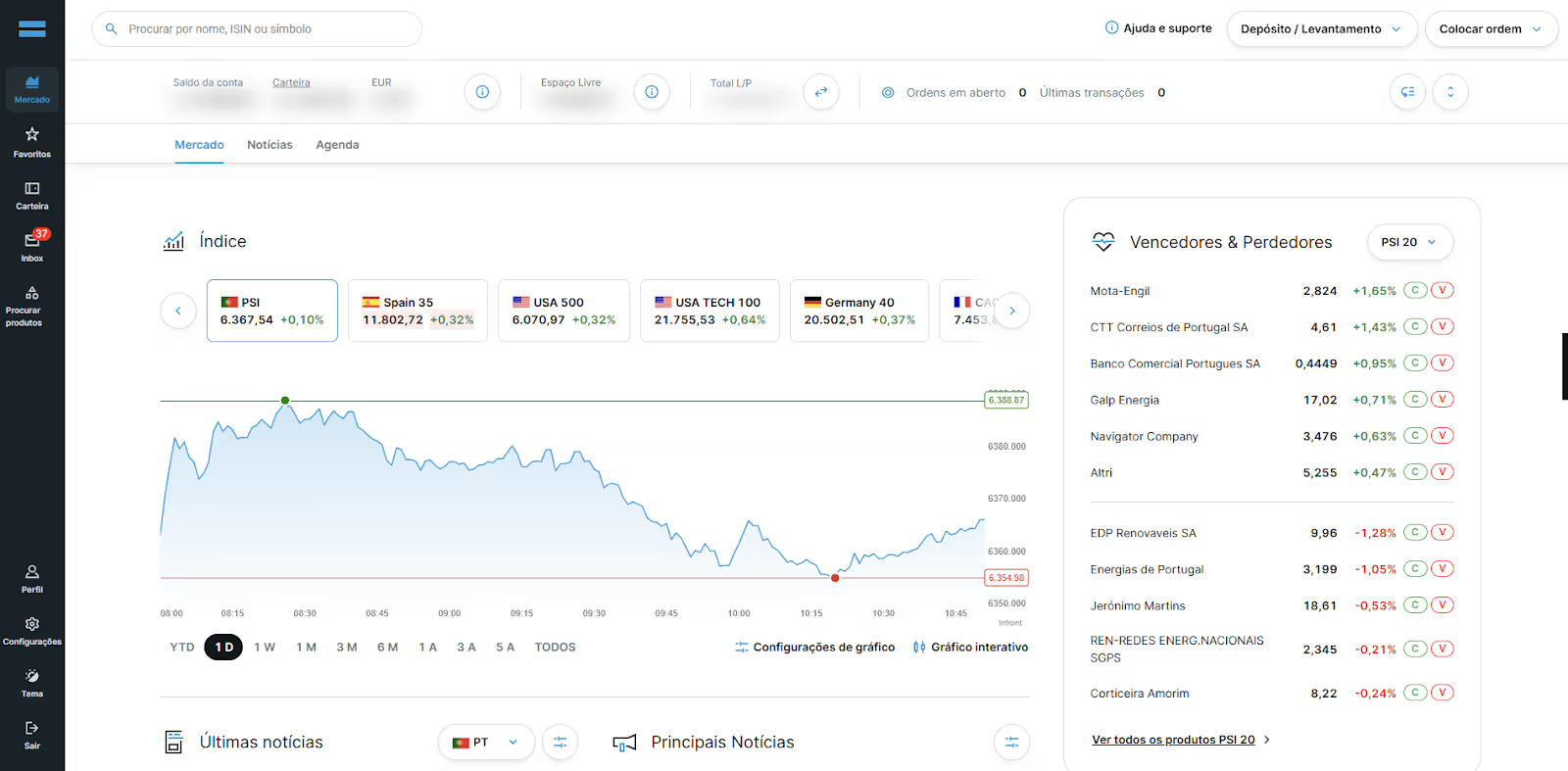
Want to know more? Read our full review of DEGIRO.
Pros and cons of DEGIRO
Pros
- Selection list of popular ETFs (external fees apply)
- Intuitive web and mobile app
- Wide range of investment options
- Educational resources: Investor’s Academy
- Overall low commission structure
- No account opening, inactivity, or withdrawal fees
- Customer support available in multiple languages
Cons
- 0.25% currency conversion fee
- €1 handling fee per transaction
- €2.50 annual connectivity fee per exchange you invest in
- Does not offer Forex and CFDs
- Customer support quality can be limited
- No interest paid on uninvested cash
- No debit card available
Trade Republic - Overview
Founded in 2015, Trade Republic is a German broker designed to simplify access to financial markets. Regulated by the German Federal Financial Supervisory Authority (BaFin), it provides an accessible investing experience for individual investors, people like you and us.

Trade Republic is a privately held company (not publicly listed), which means it does not provide the same level of transparency as DEGIRO.
With Trade Republic, you can invest in various asset types and even specific investment themes, such as decarbonization, cybersecurity, and mobility.
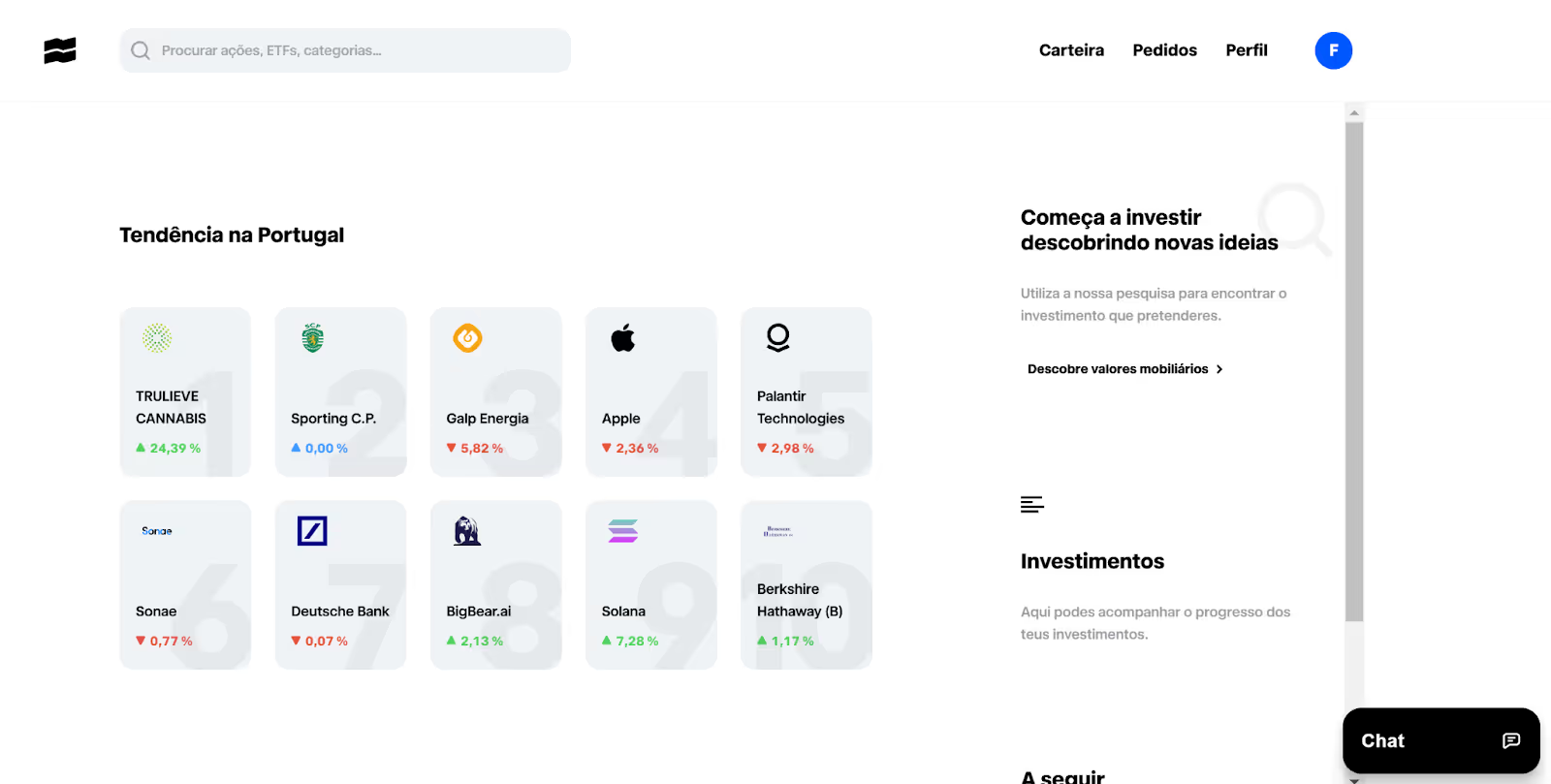
Transaction fees are just €1 per trade. This cost is classified as an “external fee” since it doesn’t go directly to Trade Republic, but rather to its partners who assist with order execution.
Want to learn more about Trade Republic? Check out our dedicated guides:
Pros and cons of Trade Republic
Pros
- Low-cost trading of stocks and ETFs
- Intuitive trading platform
- High interest on uninvested cash
- Strong regulation (BaFin)
- Automated savings plans available
- Offers a debit card
Cons
- No demo account
- Does not allow trading on any U.S. stock exchanges
- Customer support quality is poor, with many online complaints
- Limited fundamental and technical analysis tools
- Does not offer Forex or CFDs
- A relatively young, private company with a short track record
Regulation and security
DEGIRO provides a higher level of transparency, as it is publicly listed on the Frankfurt Stock Exchange, which ensures stricter scrutiny of its financial reporting.
Trade Republic, on the other hand, is a younger, privately held company.
Financial instruments
For investors focused on stocks and ETFs, both brokers meet the needs of most retail investors.
However, Trade Republic takes the lead in terms of product availability within those categories. For those interested in financial derivatives, Trade Republic is the preferred choice.
⚠️ Important note: At Trade Republic, all orders are executed exclusively on the German Lang & Schwarz Exchange. The broker is compensated through the Payment for Order Flow (PFOF) model, which means there is no direct access to exchanges like the NYSE or Nasdaq. This can result in paying a slightly higher price when buying and receiving a slightly lower price when selling stocks or ETFs.
Investment platforms
Both platforms are simple, intuitive, and well-suited for beginners.
That said, we believe DEGIRO has a slight edge in this area.
Commissions
*Example: if you hold Apple shares (NASDAQ) and Adidas shares (Frankfurt Stock Exchange), you’ll pay €5 in connectivity fees (€2.50 + €2.50). This commission does not apply to your domestic market and the ETF Core Selection.
Overall, Trade Republic is more competitive by offering lower trading commissions on stocks and ETFs. In addition, it does not charge an annual connectivity fee, unlike DEGIRO.
Customer support
DEGIRO
Customer support at DEGIRO is mainly provided through:
- Email: Response times vary depending on request volume.
- Phone: Support is available in several languages, but only during limited hours.
While functional, support quality is often described as inconsistent. Many users (ourselves included) note that answers to more technical questions are not always as complete or helpful as they could be.
Trade Republic
Trade Republic’s customer support is also functional but has some limitations in terms of communication channels. The main options include:
- Email: Used for technical support and general inquiries, though response times can vary.
- In-app chat: Allows direct interaction, but only for simpler issues and during specific hours.
Trade Republic does not offer phone support, which can be a drawback for users who need more personalized or immediate assistance. Additionally, there are frequent complaints about the company’s ability to resolve issues, with slow response times and incomplete answers being common concerns.
So, which one should you choose?
The choice between DEGIRO and Trade Republic ultimately depends on your specific needs. Both brokers offer unique advantages that make them appealing in different contexts.
DEGIRO stands out for its broader range of financial products, including bonds and options, as well as its competitive fee structure, particularly when compared to traditional bank brokerage services. It also does not offer CFDs, which can be seen as a positive if you’re not interested in this type of instrument.
Trade Republic, on the other hand, excels with its extensive selection of stocks and ETFs, high interest on uninvested cash (with no maximum cap), and is often regarded as a strong choice for automated investing through its savings plans.
No matter which one you choose, the most important thing is to assess your financial goals, your investing style, and explore the features of both before making a decision.
If possible, trying out both platforms can be a useful strategy to see which one best fits your needs.
And if you’d like to explore more alternatives, check out our comparison of the most popular brokers in Europe.





